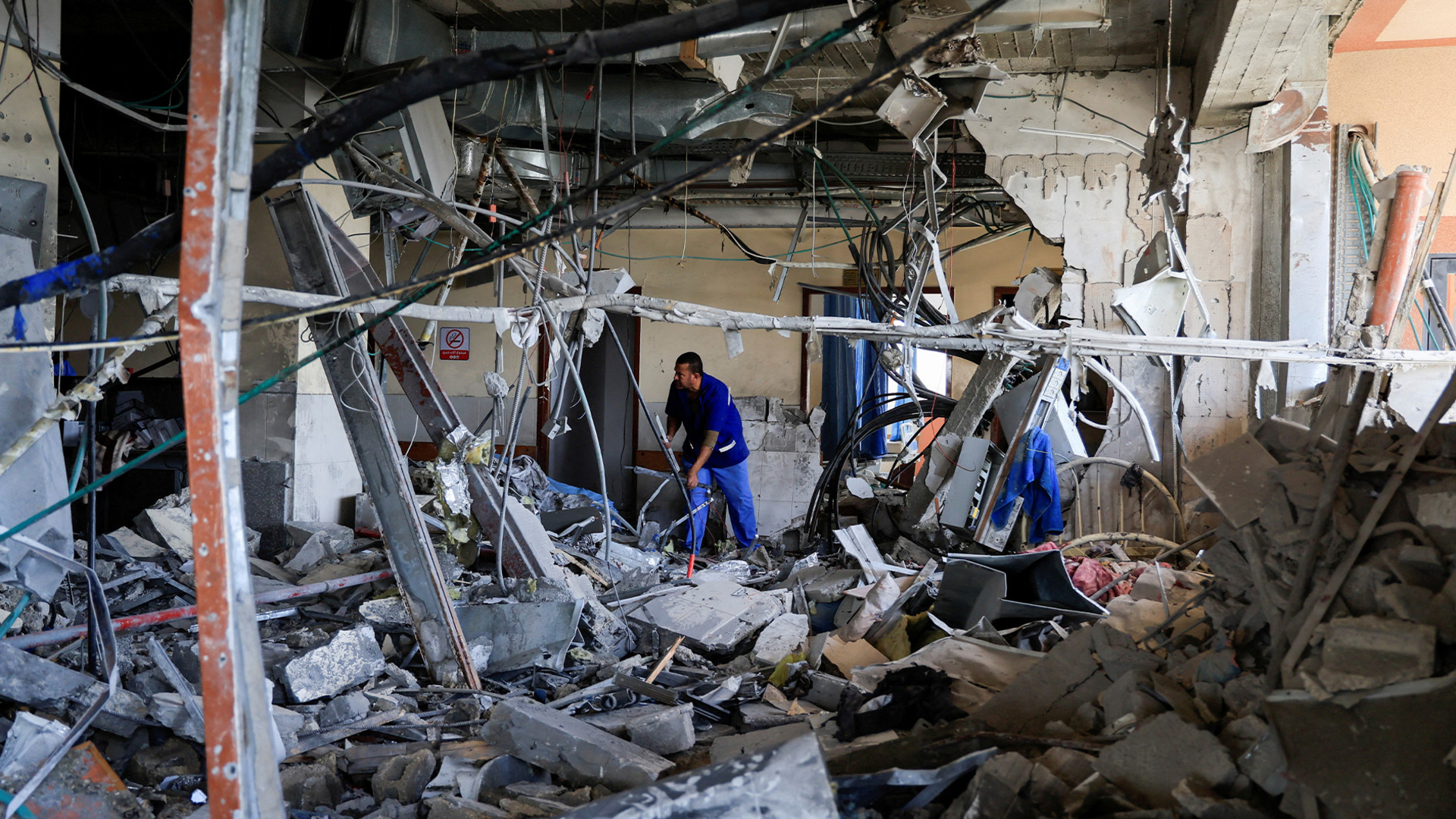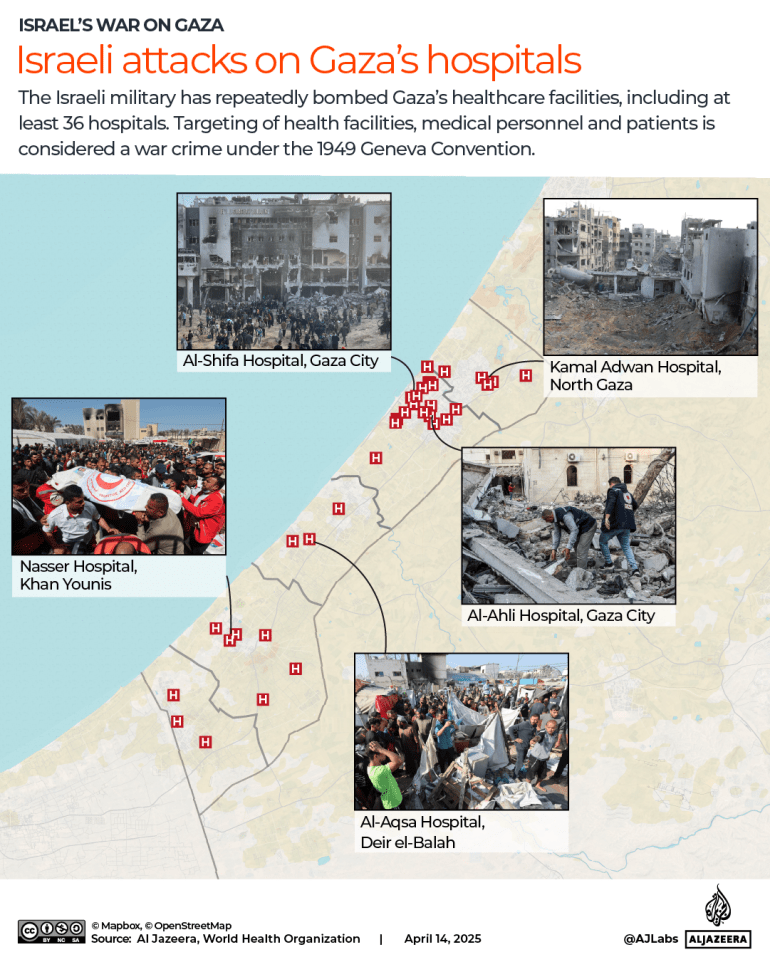Many people across the United States are rushing to replace their driver’s licenses and state IDs with federally compliant licences, known as Real ID cards, now required to board domestic flights.
As of May 7, all US citizens more than 18 years of age must show proof of identification that meets the 2005 Real ID Act’s rules, which set higher federal security standards. But this change in federal travel requirements is creating some confusion about what it means for noncitizens.
Passed two decades ago by Congress in response to the bipartisan 9/11 Commission’s recommendations following the September 11, 2001 attacks in New York, Pennsylvania and Washington, DC, the aim of the programme was to raise security standards for domestic travel and federal and nuclear facility access.
But immigration experts say the law’s enactment during the second Trump administration has left noncitizens – including some of the 13.5 million people legally in the US on green cards, work and student visas and humanitarian parole – uncertain about what the rule change could mean for their travel.
US President Donald Trump has promised and prioritised mass deportations of criminals and undocumented people in the US. But in practice, his policies have swept up US citizens and people with a legal immigration status. He has also tried to end legal pathways that allowed people to temporarily live and work in the US. Many of these actions are being challenged in court.
Here are some answers to commonly asked questions about Real ID and its effect on citizen versus noncitizen travel.
What is special about Real ID?
The Department of Homeland Security says the aim of the Real ID requirements was to bring consistency to the minimum documentation requirements needed for state-issued IDs – driver’s license, learner’s permits and nondriver IDs.
Now, all states issuing Real ID-compliant cards require people applying for those cards to present certain documentation. The exact requirements vary by state, but in most cases, the minimum documents needed include:
- Proof of identity in the form of a US birth certificate, US passport, or a green card.
- Social Security Number in the form of a Social Security card, W-2 form, or a pay stub.
- Two proofs of address of principal residence, which may be a utility bill, bank statement or mortgage statement.
- Lawful status proof, including a valid employment authorisation document, Social Security Number or a valid unexpired visa.
A Real ID card bears a black or gold star or a US flag in its upper right corner. State-issued ID cards that don’t have these markers will not be accepted as proof of identity to board domestic flights or enter federal facilities.
Here are some examples of what Real IDs look like:
Examples of Real ID-compliant driver’s licenses posted on the Department of Homeland Security’s website.
If I don’t have a Real ID, does it mean I cannot travel domestically any more?
No, you can still travel domestically provided you have another form of identification that is Real ID-compliant.
The Transportation Security Administration (TSA) lists many other forms of acceptable IDs, including options for people who are not US citizens. Among them:
- State-issued enhanced driver’s licenses or enhanced IDs, which provide proof of identity when crossing the US borders in a vehicle.
- US passports or US passport cards.
- Foreign government-issued passports.
- Department of Homeland Security trusted traveller cards under programmes such as Global Entry, which let US citizens, green card holders and some foreign nationals go through expedited lanes at airports.
- US Department of Defense IDs, including IDs issued to dependents of people in the military.
- Lawful permanent resident cards, also known as green cards.
- Border crossing cards, a document used by Mexican citizens to enter the US.
- Acceptable photo IDs issued by federally recognised tribal nations, including enhanced tribal cards.
- HSPD-12 PIV cards, which are used by federal contractors to access facilities and systems.
- Canadian provincial driver’s license or Indian and Northern Affairs Canada cards.
- Transportation Worker Identification Credentials (TWIC).
- US Citizenship and Immigration Services Employment Authorization Cards.
- US Merchant Mariner Credentials, which show evidence of a mariner’s qualifications; and
- Veteran Health Identification Cards (VHIC).
There’s one big caveat: TSA says the list of acceptable IDs is subject to change without notice and advises travellers to check the list before travelling.
How could Real ID affect noncitizens as they travel in the US?
Although numerous forms of IDs are accepted for noncitizens, the Real ID policy could have a chilling effect on travelers whose documentation differentiates them from citizens, immigration experts told us.
As one example, immigration attorney Prerna Lal said that, in any interaction with federal authorities, carrying a foreign passport could lead to scrutiny of that person’s identity if they lack legal immigration status.
“Even with valid foreign passports, undocumented individuals and mixed-status families may avoid travelling due to concerns about interactions with TSA or law enforcement, despite passports remaining acceptable documentation,” Lal said. “This fear of enforcement, rather than access to IDs, is the primary chilling effect on the immigrant community.”
What happens if people don’t have an acceptable ID at the airport?
A TSA officer may ask a person to complete an identity verification process. If the identity is confirmed, that person will be allowed to enter the screening checkpoint.
Can an immigrant with temporary status obtain a Real ID?
Yes, the Real ID regulations define an individual in a “temporary lawful status” as a person who has a pending application for asylum; has a pending or approved application for temporary protected status; has approved deferred action; or has a pending application for lawful permanent resident or conditional permanent resident status.
The Real ID Act lets states issue temporary, Real ID driver licenses and ID cards to people with temporary status. People with a temporary immigration status are usually granted temporary valid employment authorisation and Social Security numbers, which they can use to apply for Real IDs. Their temporary Real ID will remain valid until their lawful status expires. Florida is one exception: The Sunshine State requires almost all immigrants with lawful status to renew their IDs annually. Green card holders in Florida don’t have to renew a REAL ID every year; their Real ID is valid until their green card expires. Most green cards are valid for 10 years, but people can apply for a renewal.
Also, people with valid student or work visas can present their unexpired passports, visas and I-94 forms – documents that show a person’s authorised period of stay in the US – for proof of identity and legal status and get a Real ID.
States that provide non-Real ID compliant ID cards to people without legal immigration status can still do so, according to DHS, but the cards must clearly state that they are not acceptable for Real ID purposes and must have a unique design or colour to differentiate them from compliant cards. These non-Real ID-compliant ID cards cannot be used as a form of identification for domestic travel.
Could a Real ID prevent an arrest by immigration authorities? Does it confirm that a person is legally in the US?
Lal told PolitiFact that a Real ID alone does not prevent a US Immigration and Customs Enforcement’s arrest or confirm a lawful immigration status. Although Real ID-compliant identification requires proof of lawful presence for issuance, it is not proof of current immigration status.
“ICE conducts its own verification, and possessing a Real ID does not grant immunity from enforcement actions,” Prerna said.





